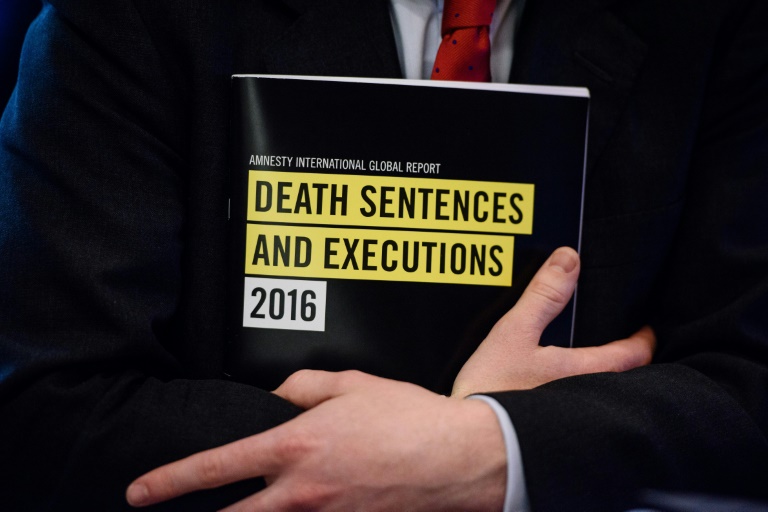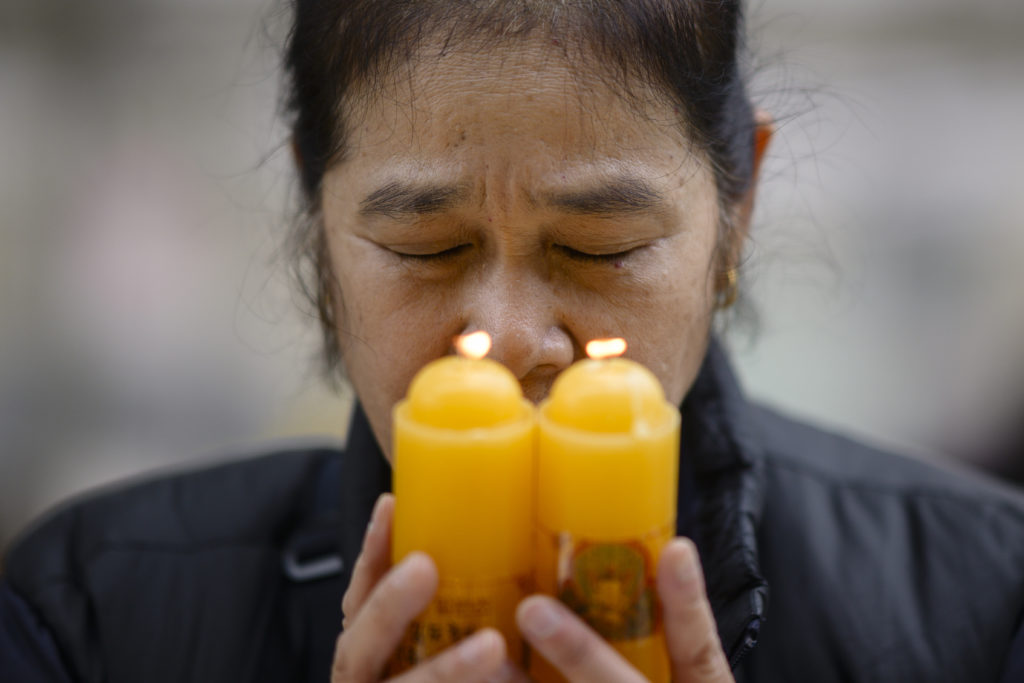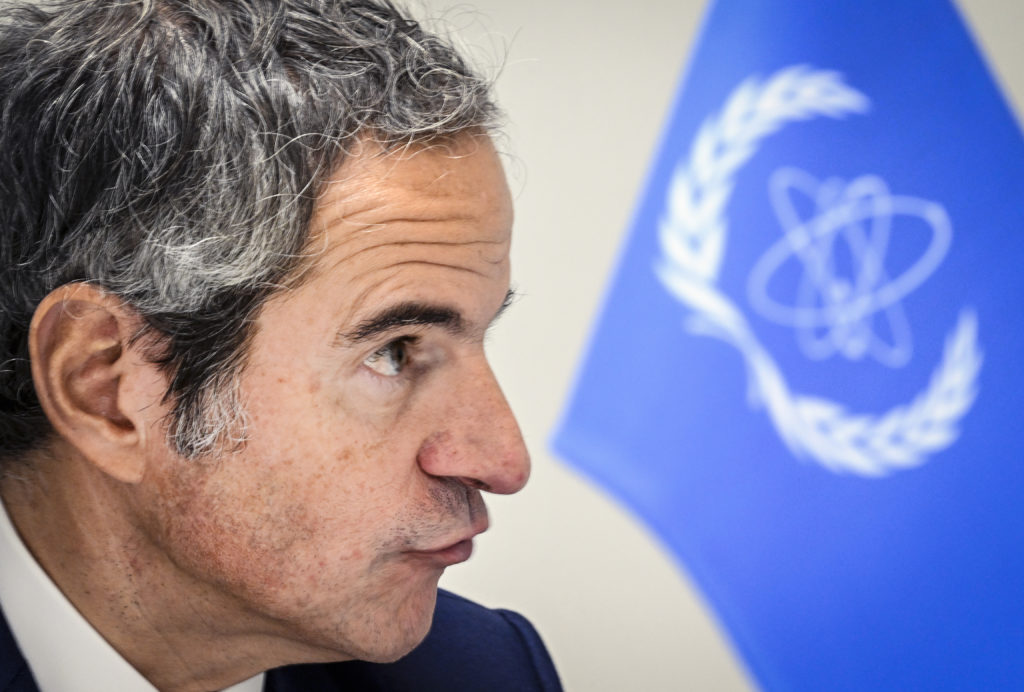Amnesty International said Monday it will shutter its offices in Hong Kong because of the threat posed to staff by a national security law that has fronted a sweeping crackdown on dissent in the business hub.
China imposed the law last year in response to massive and often violent democracy protests, transforming Hong Kong’s political, cultural and legal landscape and introducing mainland-style speech curbs.
Anjhula Mya Singh Bais, chair of Amnesty’s board, said the decision to close had been made “with a heavy heart” and was “driven by Hong Kong’s national security law”.
“(It) has made it effectively impossible for human rights organisations in Hong Kong to work freely and without fear of serious reprisals from the government,” she added.
The decision ends more than four decades of the international human rights group’s presence in the city.
Amnesty maintains two offices in Hong Kong.
The first is a local branch that focuses on human rights and campaigns in the city itself. Recent reports published by the team have included investigations into how the security law has been deployed and studies of the police’s use of force against democracy protesters.
The second office is a regional headquarters that carries out research and advocacy work across East and Southeast Asia and the Pacific.
Amnesty said the local office would close on October 31 while the regional office would move out “by the end of 2021”.
Hong Kong dubs itself “Asia’s World City” and has long advertised itself as a business-friendly gateway to mainland China with its own separate legal system and speech freedoms unseen on the mainland.
As a result, many international businesses, media groups and non-governmental organisations have used the city as a regional hub.
– Arrests and asset freezes –
But sweeping political changes in the last two years have created risks for any organisation that might criticise or disagree with China’s government.
The national security law imposed after the 2019 democracy protests covers any offence China considers secession, subversion, collusion with foreign forces and terrorism.
More than 70 people, including many of Hong Kong’s most prominent democracy activists, have since been charged with security crimes, almost all for holding political views now deemed illegal.
The law also empowers authorities to freeze the assets of any individual or entity marked as a security threat and most of those arrested are denied bail until trial.
Earlier this year, Hong Kong’s most outspoken pro-democracy newspaper Apple Daily collapsed after its assets were frozen and its top executives were arrested.
Dozens of civil society groups have disbanded in recent months in a bid to avoid a national security investigation, often after being labelled “subversive” by China’s state-controlled media.
“Hong Kong has long been an ideal regional base for international civil society organisations, but the recent targeting of local human rights and trade union groups signals an intensification of the authorities’ campaign to rid the city of all dissenting voices,” Amnesty’s Bais said.
Major tech companies such as Google, Facebook and Twitter have spoken publicly about their concerns about Hong Kong’s security law.
Last year, The New York Times cited risks posed by the security law when it announced it was relocating most of its Asia headquarters from Hong Kong to Seoul.











